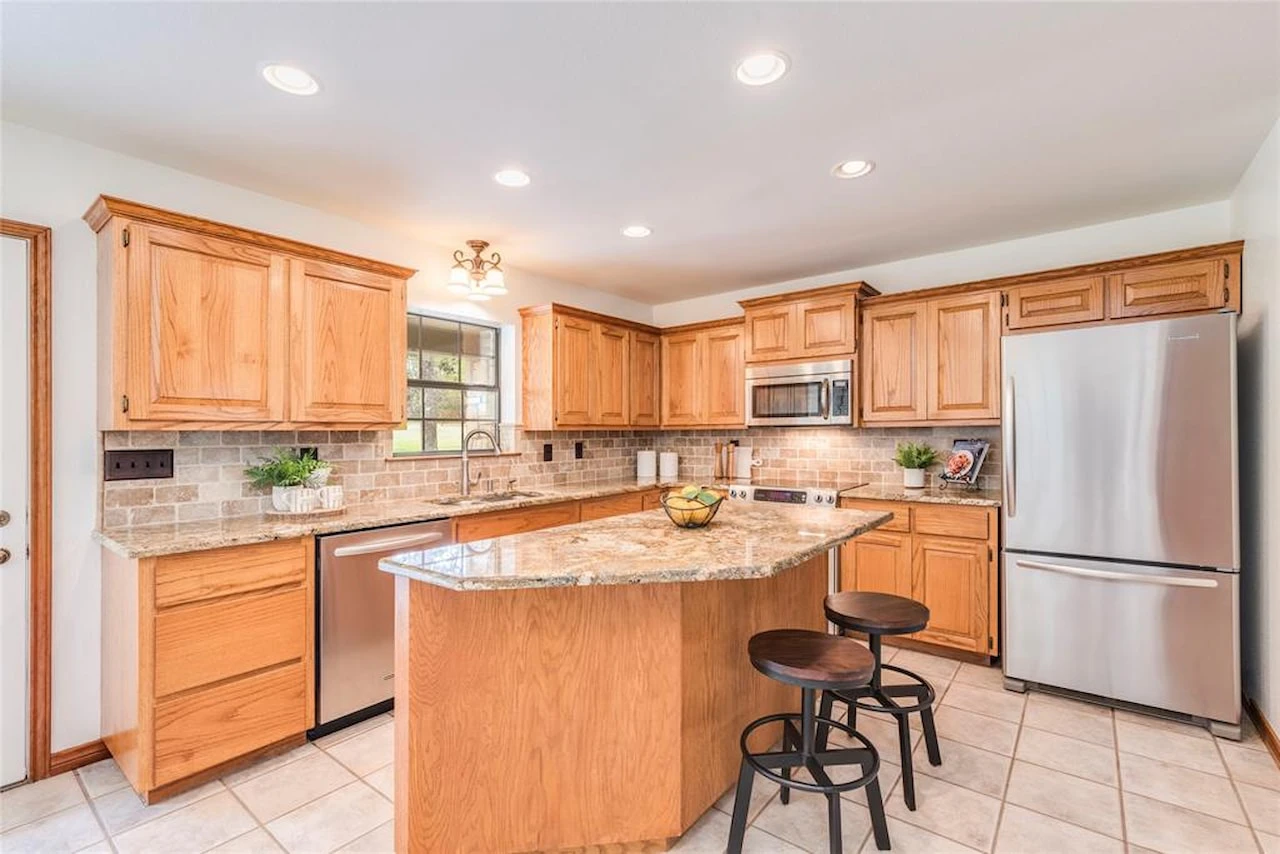Maximize the Value of Your Home. Exponentially increase your home's value with the right upgrades. Book a Discovery Call
Determining a home’s value is a crucial step in the buying and selling process. Two common methods used for this are appraisals and comparative market analyses (CMAs). While both help assess a property’s worth, they serve different purposes and are used in different situations. Understanding how each works can help buyers, sellers, and real estate professionals make informed decisions. Here’s everything you need to know:
What is an appraisal? An appraisal is conducted by a licensed appraiser who follows strict guidelines. Appraisers must maintain their licensing through ongoing education and are hired by lenders to assess a property’s value. Their final valuation is independent, which means lenders, real estate agents, and sellers cannot influence the result.
In some cases, an appraiser may request additional information if they cannot find enough comparable sales. This often happens when properties are sold off-market, making sale prices unavailable to the public. States like Texas, which do not require public disclosure of sale prices, can make data collection even more challenging. Ultimately, the key difference between an appraisal and a comparative market analysis is that the latter is typically done by a realtor or a broker.
How an appraisal works. An appraisal is a detailed process that evaluates recent sales of similar homes, usually within the last 90 days, in the same area. Key factors include:
• Square footage
• Number of bedrooms and bathrooms
• Construction style and age
• Features like pools or finished basements.
Adjustments are made for differences between the subject property and comparable properties. For example, if a similar home has a pool but the subject property does not, the appraiser will adjust the value accordingly.
The final appraisal report includes photos, property dimensions, and a valuation. Lenders use this report to determine how much they are willing to finance. The square footage in an appraisal may differ from tax records or builder measurements, and sellers often use the most favorable number when listing a home.
What is a CMA? A CMA is prepared by a real estate agent or broker to estimate a home’s market value. It is sometimes called a broker price opinion (BPO), although BPOs are more commonly used in foreclosure situations.
CMAs are typically less in-depth than appraisals but follow a similar process of comparing recent sales. Unlike appraisals, CMAs help buyers and sellers determine a competitive listing or offer price.
Factors that impact a CMA. Real estate valuation is not an exact science, and small differences can affect a home’s value. A CMA considers factors such as:
• Location within the neighborhood (e.g., next to a park vs. near a busy road)
• Proximity to schools and amenities
• Lot size and landscaping
• Recent upgrades and renovations
Fair market value and negotiation. A home’s fair market value is ultimately what a buyer and seller agree upon. A well-prepared CMA can be a valuable negotiation tool, helping both parties justify their pricing. If a buyer feels they paid slightly more than expected and a seller feels they accepted slightly less, the deal likely reflects fair market value.
Understanding the differences between an appraisal and a CMA is essential for making informed real estate decisions. Both tools help buyers and sellers price homes accurately and navigate the market with confidence. If you need guidance or have questions, don’t hesitate to reach out. You can call me at 512-657-4033 or send an email to linda@lindawelshrealty.com. I look forward to hearing from you!
-
Maximize the Value of Your Home. Exponentially increase your home's value with the right upgrades. Book a Discovery Call
-
What is Your Home Worth. Get a timely home estimate based on comparable sales and features, size, age, and other factors.. Discover Your Home's Value
-
Search Homes For Sale. See all homes for sale on our MLS with photos, schools, prices, and more.. Start Your Search
-
Austin Real Estate e-Newsletter. Get my real estate Q&A, tips and insights straight to your inbox.. Subscribe Now








